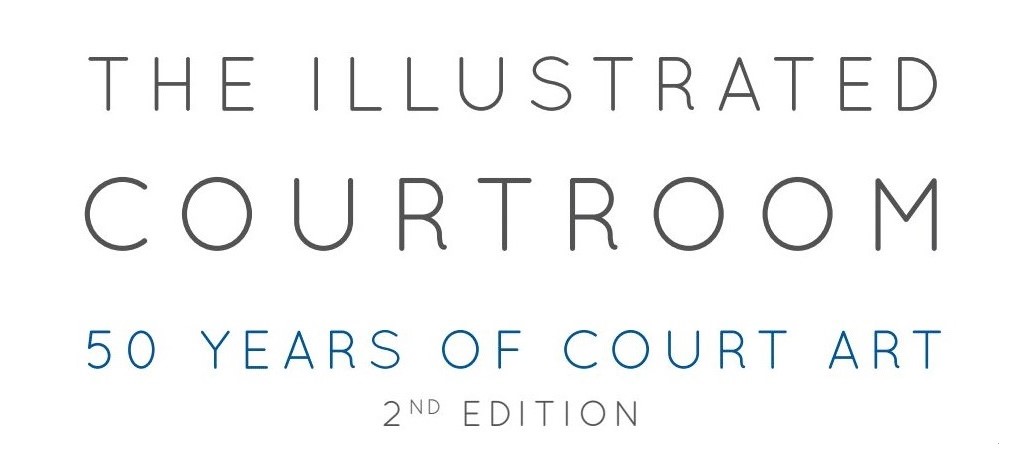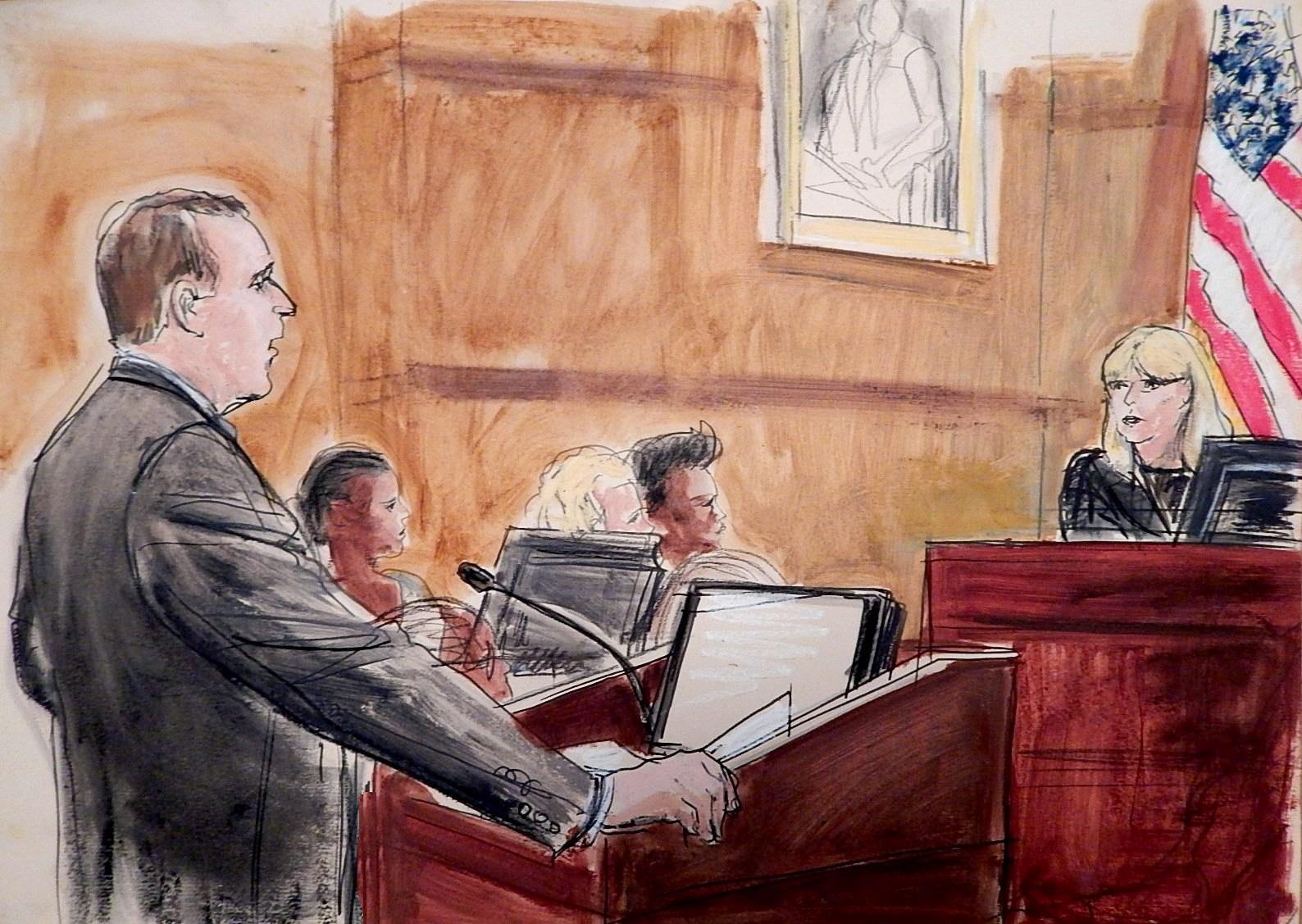American Lawyer: Global Lawyer Scenes from the Arab Bank trial
Arab Bank trial: Verdict
Courthouse News Service
by Nick Divito
BROOKLYN,
N.Y. (CN) - The unprecedented civil trial of Arab Bank ended Monday
with a federal jury holding it liable for 24 Hamas-sponsored suicide
attacks in Israel.
It has been six week since the trial kicked
off on the decade-old federal class action, filed by the families of 300
victims of two dozen separate Hamas-led suicide attacks in the West
Bank during the Second Intifada between 2000 and 2004.
The jury deliberated all day Friday and came back with the verdict for U.S. District Judge Brian Cogan Monday afternoon.
In ruling for the families, the jury soundly rejected the argument, as a defense attorney put it in
closing arguments, that the bank has no obligation "to run around and figure out" who's on a terror backlist.
"That's what the government does," Shand Stephens had told the jury. "And you wouldn't want it any other way."
Tab Turner, who represents the families, countered that Arab Bank made $2 billion off terrorism in the year 2003 alone.
He said it served as "'The Bank of the Stars' in the world of terrorism."
"This
bank was the only bank making money off the terrorists," the attorney
said at closing arguments. "They're not interested in truth. They're
interested in protecting their pocket book. That is the power that you
have: to tell other banks, 'Don't you dare do business with these
people. You do, and you will pay.'
"That's how we stop
terrorism. You don't stop it with bullets. You don't stop it with smart
bombs. How you stop them is you take the money away from them."
Turner
had argued at the start of the trial that the bank turned a "blind eye"
when it provided banking services for known Hamas leaders. Arab Bank
served as "paymaster" when it made tens of millions of dollars in
payments - mostly in American cash and funded by the Saudi Committee -
to families of suicide attackers, the attorney argued.
But
Stephens argued that the bank didn't know who it was paying because
their names did not appear on any U.S. or international blacklists. He
said Arab Bank heeded those lists and blocked transactions and froze
accounts whenever a match was made.
Arab Bank is said to be the
financial institution to face a trial in the United States under the
Anti-Terrorism Act, which allows American victims of terrorist attacks
to seek compensation. Hamas was branded a terrorist group by the United
States in 1997.
The verdict Monday came hours after the 2nd Circuit in Manhattan
revived similar claims against another institution, National Westminster Bank.
 |
| Tab Turner attorney for the plaintiff, giving the "J Lo moment" during closings with over sized photo of Sheikh Yassin. The jury found the Arab Bank of Jordan liable. |














